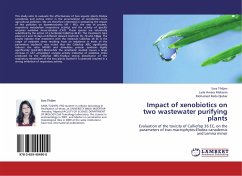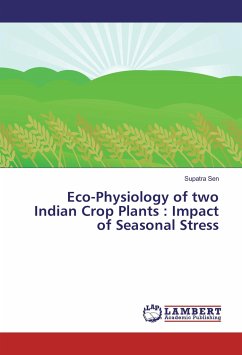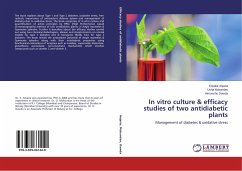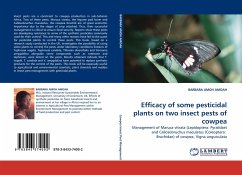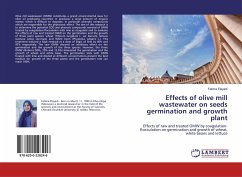This study aims to evaluate the effectiveness of two aquatic plants Elodea canadensis and Lemna minor in the accumulation of xenobiotics from agricultural pollution. We are therefore interested in evaluating the impact of this pollution on biometrics(ratio MF / MS), the rate of protein, respiratory metabolism (respiratory activity) and the activity of specific enzymes oxidative stress:catalase (CAT). These species are voluntarily submitted by the action of a herbicide:Calliofop 36 EC. The treatments take place at 3 and 14 days at different doses:0 (control), 35, 70 and 140µg. The results indicate that treatment with the molecule Calliofop 36 EC is the origin of oxidative stress resulting from an imbalance in levels of the parameters studied.It was noted that the Calliofop 36EC significantly reduces the ratio MF/MS and stimulates protein synthesis highly significantly (p 0.001).Meanwhile the xenobiotic studied causes a large increase in CAT antioxidant enzyme activity indicative of oxidative stress produced by the Calliofop 36EC.Finally,a strong disturbance of the respiratory metabolism of the two plants studied it is observed resulted in a strong inhibition of respiratory activity.
Bitte wählen Sie Ihr Anliegen aus.
Rechnungen
Retourenschein anfordern
Bestellstatus
Storno

